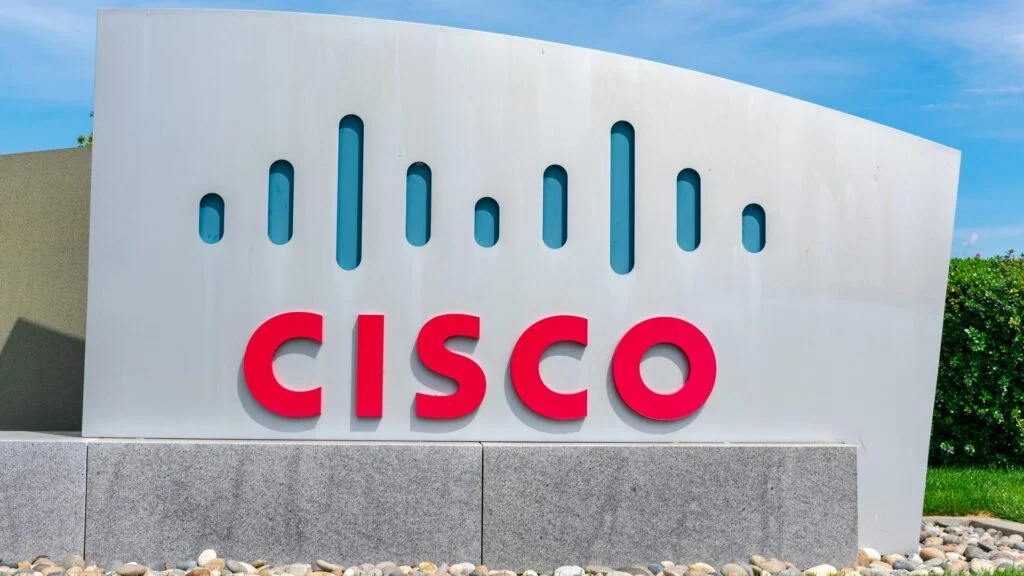The Japanese organizations transcosmos and NTT Communications recently launched a demo test of a virtual contact center in the metaverse that sought to find new ways of working for remote employees in the post-pandemic era, consolidating both decentralized physical contact centers and agents working from home. The initiative aims to improve working conditions for employees while also supporting communication between businesses and their customers.
The test is an outgrowth of the efforts of both companies to use the metaverse for new ways of communication. With the job market at a turning point because of changes induced by digitalization and the pandemic, transcosmos recognized that restricting work to physical centers could limit hiring opportunities, while work-from-home options could expand workstyle options. Yet home-based agents tended to feel isolated from a lack of communication with colleagues, the company notes.
For NTT, the test would reflect its experience with various workstyle-transformation services and solutions. Like transcosmos, NTT sought to provide employees with more flexible workstyle arrangements that were not limited by location or time. Additionally, the company also wanted to test new services and solutions incorporating extended reality (XR) technology.
Using the launch, transcosmos and NTT hoped to address the issues above and to further evolve contact center services. The test also hoped to establish operational rules and a standardized model for virtual contact centers, accompanied by a corollary verification target that information sharing and escalation in the metaverse can reduce managerial needs.
Roles and responsibilities were evenly divided. To transcosmos fell the duties of managing virtual contact center operations and preparing a virtual center package based on the analysis of test operational data. For NTT, its tasks were to install and manage phones and communication equipment, while also provisioning the NTT XR coworking metaverse service for the metaverse space and its avatars.
Goals and the Future
Kenshi Matsubara, executive vice president at transcosmos, says the company is targeting the goal of offering 4,000 home-based workstations by the end of the current fiscal year ending in March 2023.
Both companies have additional goals. NTT says it is committed to developing services for new workstyles that will enable businesses to build and operate next-generation contact centers, while transcosmos hopes to provide high-quality services from home environments to enable contact centers to offer more diverse ways of working.
Metaverse initiatives will continue in the future, states an official news release issued by both companies. “Building on the results of the demonstration, transcosmos and NTT Com hope to create a new style of customer communication powered by the metaverse as well as support ever-diversifying workstyles for a more sustainable world,” the statement notes.
Transcosmos, founded in 1996, currently offers services supporting client business processes targeting both sales expansion and cost optimization. The company also provides comprehensive one-stop global e-commerce services to deliver the products and services of its clients to consumers in 46 countries around the world. The transcosmos network of digital contact centers spans 33 locations in Japan and 50 other sites worldwide; deploys 3,000 workstations in Japan and 10,000 more for the rest of the world; and employs more than 55,000 workers throughout its global virtual call centers.
NTT, founded in 1999, is among the largest telecommunications companies in Japan and the world. It provides network management, telecom operations, and communications technology services, backed by a global infrastructure system extending to more than 190 countries and regions. As the core provider of Japanese mobile operator Docomo’s enterprise-business services and solutions, NTT provides global-scale support for restructuring in industry and society, new workstyles, and digital transformation in communities. It employs approximately 5,500 workers worldwide.
Author Information
Alex is responsible for writing about trends and changes that are impacting the customer experience market. He had served as Principal Editor at Village Intelligence, a Los Angeles-based consultancy on technology impacting healthcare and healthcare-related industries. Alex was also Associate Director for Content Management at Omdia and Informa Tech, where he produced white papers, executive summaries, market insights, blogs, and other key content assets. His areas of coverage spanned the sectors grouped under the technology vertical, including semiconductors, smart technologies, enterprise & IT, media, displays, mobile, power, healthcare, China research, industrial and IoT, automotive, and transformative technologies.
At IHS Markit, he was Managing Editor of the company’s flagship IHS Quarterly, covering aerospace & defense, economics & country risk, chemicals, oil & gas, and other IHS verticals. He was Principal Editor of analyst output at iSuppli Corp. and Managing Editor of Market Watch, a fortnightly newsletter highlighting significant analyst report findings for pitching to the media. He started his career in writing as an Editor-Reporter for The Associated Press.







